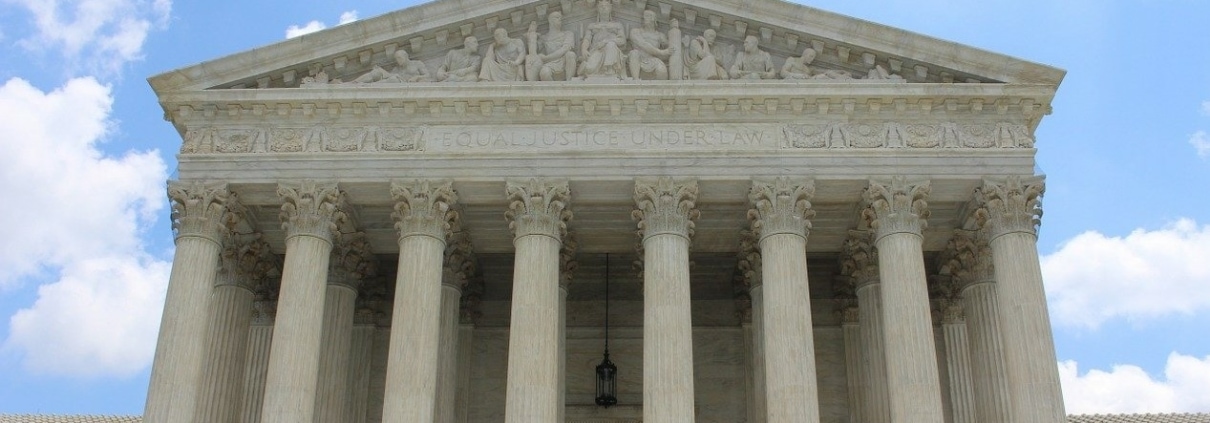Does Motherhood Via Milk Relations Require Witnesses?
Question: Is it true that one cannot prove that in an Islamic court a woman cannot be proven to be a man’s milk-mother without four witnesses?
Answer:
Wa alaykum assalam wa rahmatullahi wa barakatuh,
Dear questioner,
Thank you for your important question.
Proving that a woman is a man’s milk-mother before the court can be established in the Shafi’i school by the testimony of two men, a man and two women, or four women. [Tuhfat al-Muhtaj, Ibn Hajar]
There is a sound hadith in Bukhari and Abu Dawud that seems to suggest that one witness is enough. The hadith mentions that a Prophetic Companion got married, and then a woman came and claimed that she had breastfed both the groom and bride. Even though the woman was suspected of lying, the Prophet told the groom to leave his new groom on the basis of her claim.
Commenting on this hadith, Khattabi (d. 388 AH) says, “When he told him to leave her, it was merely out of precaution. It was not a court ruling. There is no proof in this that the testimony of one woman is enough to establish the likes of this [milk-motherhood] and other such things that men are not usually privy to and are only seen by women. This is because a witness in court, be they male or female, must be [proven to be] upright. [Furthermore,] testimony does not work by someone just coming and telling someone else what happened, rather it should be said in the presence of the ruler or judge…These words of her’s were not a testimony before the Prophet (peace and blessings be upon him) such that it could be used to establishing a court ruling. To try to use this [hadith] prove that having a single testimony of one woman in court matter of this ilk is baseless.” [Ma’alim al-Sunan]
To summarise his argument, the hadith cannot be used to prove that one woman can suffice as a witness in such cases because the hadith is not even talking about a woman bearing witness and marriage being annulled on that basis. It is simply talking about a man divorcing his wife because of the possibility of the two of them being mahrams to each other.
This tells us the importance of studying fiqh before we read hadiths to do with fiqh. If we do not know the difference between divorce and the annulment of marriage and we do not know the difference between informing (ikhbar) and testimony (shahada), we end up drawing baseless conclusions.
It is for this reason that the great jurist and hadith narrator Sufyan ibn Uyayna (d. 198 AH) said, “Hadiths are a source of error (madilla) for everyone except jurists.” [Al-Jami, Ibn Abi Zayd al-Qayrawani] There are similar quotes to the same effect from many other of the Early Muslims.
I pray this helps.
[Ustadh] Farid Dingle
Checked and Approved by Shaykh Faraz Rabbani
Ustadh Farid Dingle has completed extensive years of study in the sciences of the Arabic language and the various Islamic Sciences. During his studies, he also earned a CIFE Certificate in Islamic Finance. Over the years he has developed a masterful ability to craft lessons that help non-Arabic speakers gain a deep understanding of the language. He currently teaches courses in the Arabic Language.
